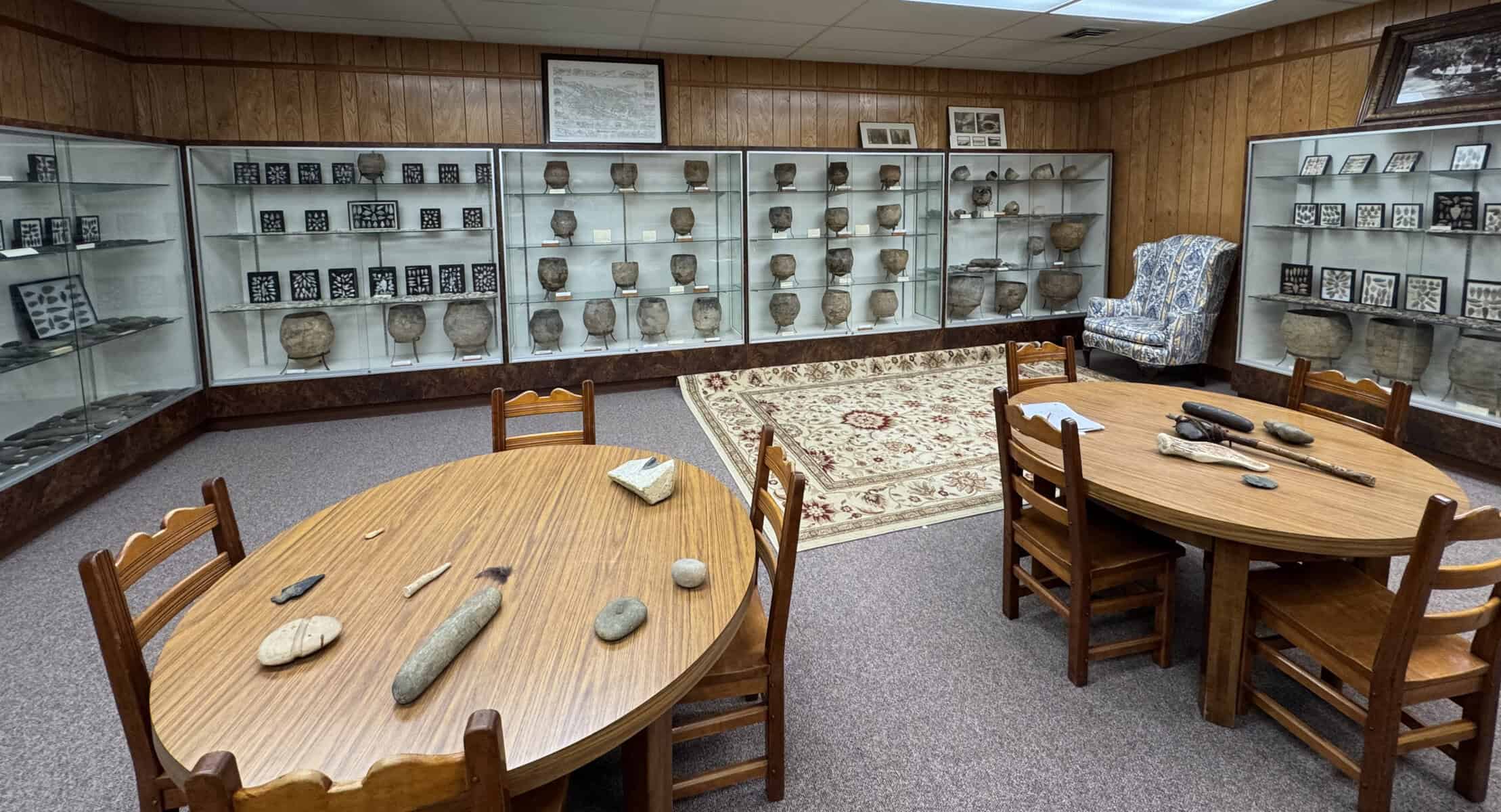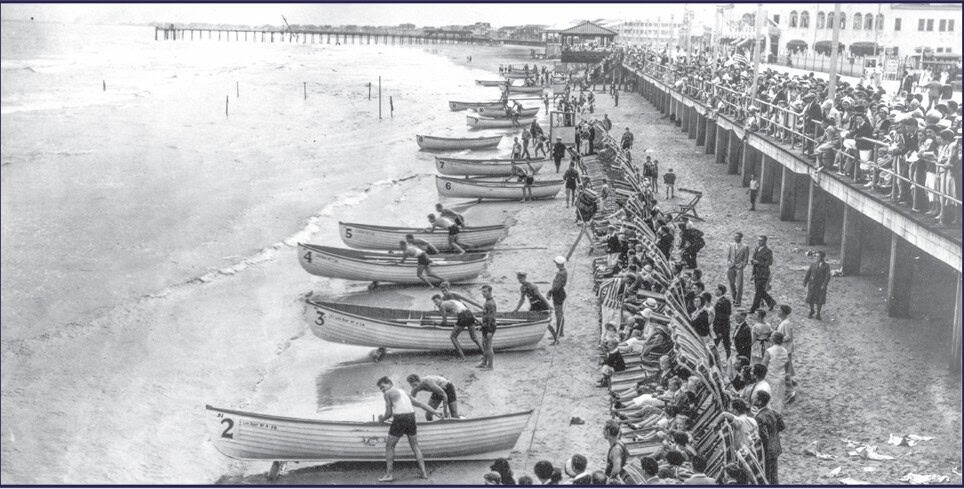Singing the Blues
Folk music traditionally has songs dealing with “hard times,” and some Vinelanders performed the ballads a century ago.
Tracing the folk songs written or performed in South Jersey during the early 20th century hasn’t been a common practice but, in 1983, Dorothea H. Lewis did just that for the Vineland Historical Magazine with an article entitled “Music of the Pine Barrens of New Jersey.”
Lewis identifies two pieces credited to local musicians that depict the conditions surrounding two facilities of note in the 1930s. The first, “Hard Times in Mount Holly Jail,” sung by Oliver Minney in October 1936, bemoans the state of the jail and questions the moral conduct of those in charge. Lewis explains that it shares “a number of verses” and “general attitude” with “It’s Hard Times in Lancaster Jail,” a New Hampshire song, suggesting that “both songs are based on some common original.”
There are plenty of precedents for English-language “hard times” songs, beginning with British compositions like the 18th century “Hard Times of Old England,” about the disappearance of various trades within the country. In America, Stephen Foster’s 1854 “Hard Times Come Again No More” laments the plight of the poor.
At the onset of the Depression in 1929, bluesman Blind Alfred Reed recorded the protest piece “How Can a Poor Man Stand Such Times and Live?” And the same year Minney complained about the Mount Holly Jail, “Hard Time Blues,” which addresses the continuing difficulties in the waning years of the Depression, was released by Lane Hardin on the Bluebird label.
But “Hard Times in Mount Holly Jail” seems closer in form to “Deep Elem Blues,” a song about a Dallas, Texas neighborhood first recorded in 1923. Like the New Jersey song, “Deep Elem Blues” chooses a new aspect of its subject to criticize with each verse. “When you go down to Deep Elem,” the song explains,” to have a little fun, have your ten dollars ready when the police man comes.” The New Jersey tale cautions, “When you go to Mount Holly, it’s there where you’re set, it’s whiskey and tobacco, you get damned a bit.”
A year after Minney’s jail narrative, John Youmans of Lakehurst recorded “This Colliers Mill’s a Very Fine Place.” The song’s sarcasm begins with its title and continues with its depiction of how a sawmill worker, living in company homes and paid in scrip good only for purchases at the company store, is exploited during the winter months when, as Lewis notes, “no work could be done [and] credit at the store was cut and families ordered to pay rent or get out.”
Lewis reports that some Vineland singers, including Annie Sykes and John Ireland, had been recorded performing folk songs as early as 1906-07 by Bertrand H. Bronson, who was compiling a collection of traditional ballads. Several songs were part of Francis James Child’s late 19th century anthology collecting 305 ballads from England and Scotland, along with American variations.
If the conditions surrounding New Jersey jails and sawmills were daunting, the songs chosen by Vinelanders to record were outright tragic. “Lord Lovel,” dating from the late Middle Ages, concerns the lord of the title leaving for a journey of several years. He dies of grief upon learning that his wife has passed away while he traveled.
Murder ballads abound in British folk music, and some Vinelanders were not averse to performing them early in the 20th century. One such song was “Lady Isabel,” which tells the tale of a daughter poisoned by her jealous stepmother, who is brought to madness by the daughter’s dying words that hell awaits the murderer.
“Pretty Polly” is another murder ballad recorded by several Vineland residents. Its story about a woman lured to her death in a forest had migrated from the British Isles to North America over time. By the 1960s, this and other traditional songs had entered the repertoire of singers like Bob Dylan, giving the material a new life in the late 20th century.









